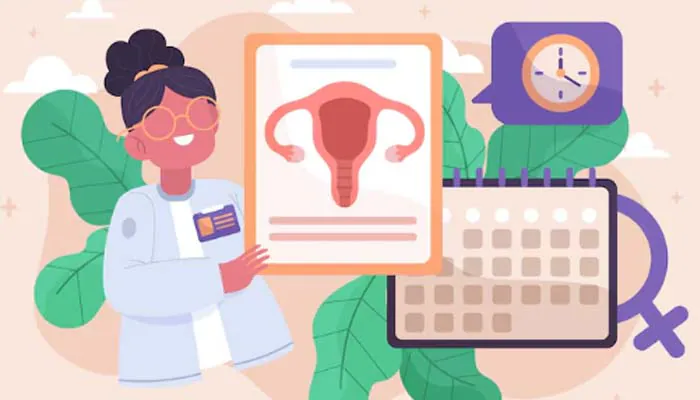
Women Health Guide: Why Are More Women Freezing Their Eggs In 20S Rather Than 30S?
Egg freezing, once considered a desperation fertility treatment, is being used now as a preventative strategy by women in their 20s. With shifting work needs, delayed marriage, and altered values towards motherhood, more and more women are choosing to bank their reproductive clocks earlier than before.
Why are more women freezing their eggs in 20s
Traditionally, women have sought egg freezing in their mid to late 30s-generally when fertility was beginning to be a concern. Increasingly, however, women are now seeking elective egg freezing in their late 20s without even having short-term plans for motherhood.
Why? It's all about having the finest quality eggs when the fertility is at its best. Fertility experts note that eggs retrieved during a woman's 20s are better, stronger, and provide superior odds of successful pregnancy years later.
Career and Life Priorities Come First
One of the most powerful motivators is having to put career, personal growth, or financial security first before parenthood. As changing social mores encourage women to postpone marriage, egg freezing offers a sense of freedom and security.
It gives women control over placing their biological clock in stasis without sacrificing future family goals-strong medicine in today's go-go and competitive world.
Increased Awareness and Accessibility
The other reason for the change is the growing awareness regarding fertility and reproduction choices. With social media, healthcare influencers, and reproductive clinics providing informative webinars and packages, more women in their 20s are now aware of their biological clocks.
Additionally, some companies-especially technology and financial firms-are offering fertility benefits, including the payment for egg freezing. Such assistance has also made the procedure more mainline and accessible.
Better Success Rates In Younger Women
Fertility specialists indicate that freezing eggs earlier in age provides higher rates of success when undergoing IVF later. Egg quality and quantity significantly decline after the age of 35, so making the change in the 20s is not only a preventive measure, but also a statistically intelligent one.
The Emotional and Financial Trade-Off
While the medical science is good, what must be kept in mind is that egg freezing has financial and emotional connotations. The procedure may cost anywhere from ₹1.5–2.5 lakhs for each cycle in India and has additional annual charges for storage. Women must be weighing their investment against their long-term ambitions and emotional readiness.
More and more women in their 20s are freezing eggs not in fear, but in self-empowerment and planning for the future. With reproductive freedom increasing, this phenomenon represents further movement toward the manner in which women take charge of their futures-on their own schedule, and on their own conditions.
Legal Disclaimer:
MENAFN provides the
information “as is” without warranty of any kind. We do not accept
any responsibility or liability for the accuracy, content, images,
videos, licenses, completeness, legality, or reliability of the information
contained in this article. If you have any complaints or copyright
issues related to this article, kindly contact the provider above.


















Comments
No comment